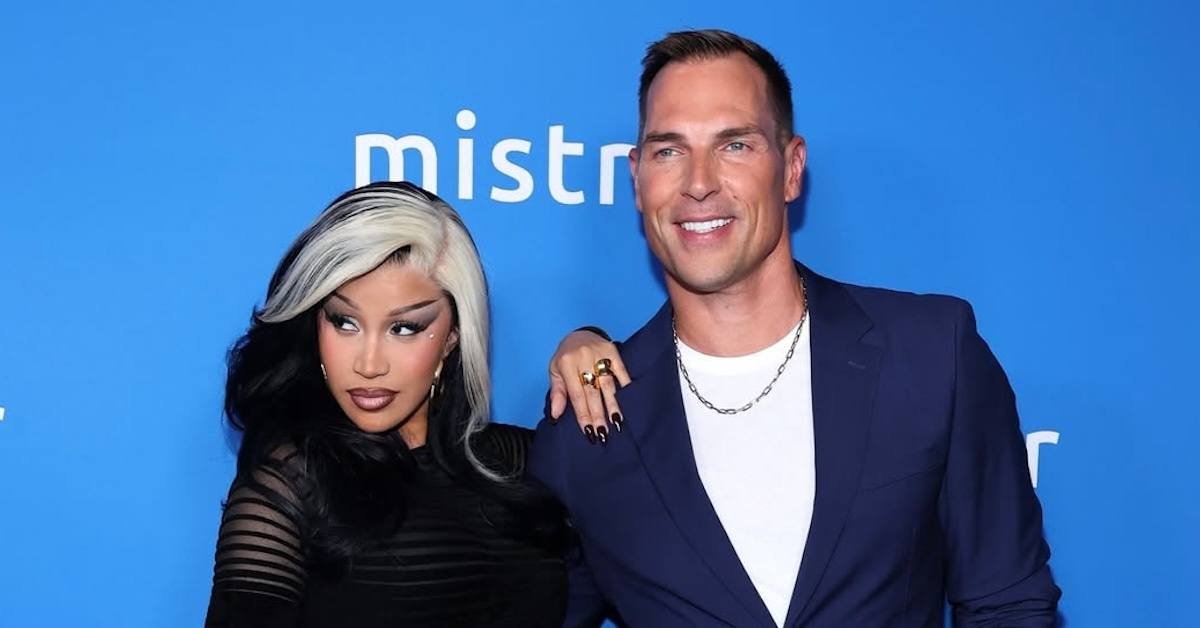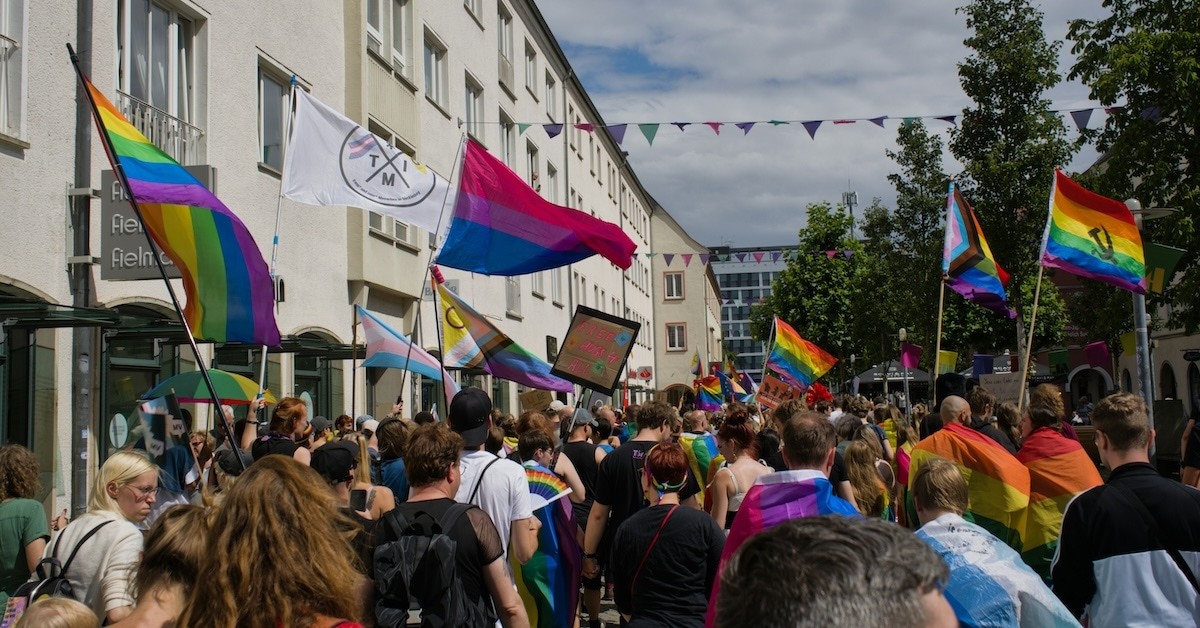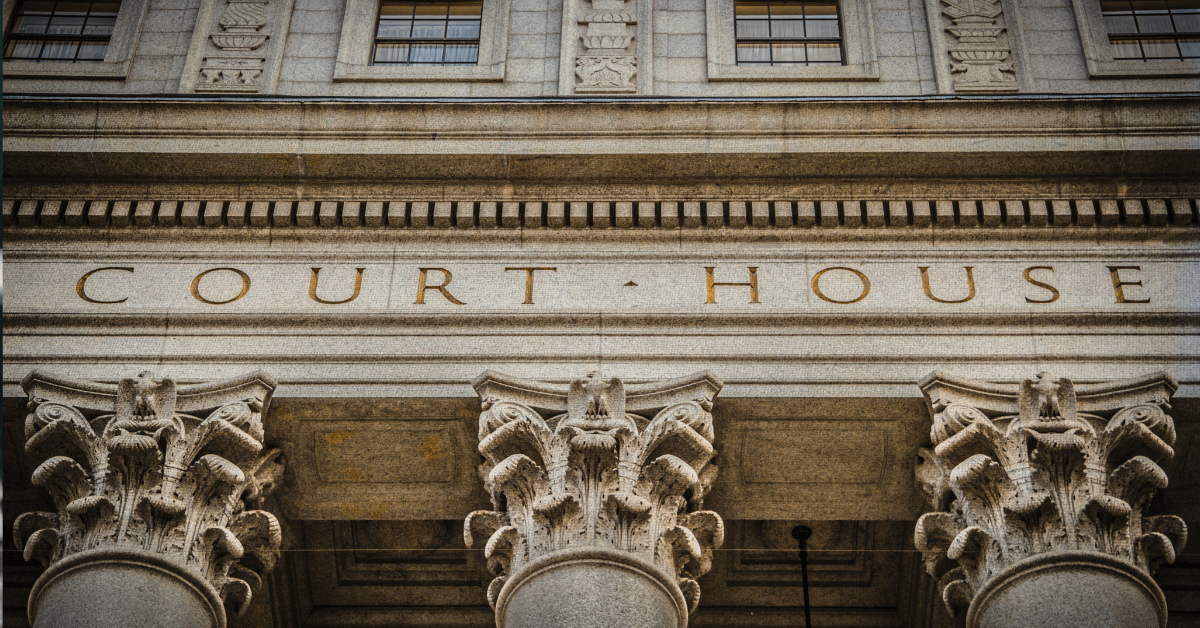BY: Sierra Kennedy
Published 1 year ago

Queer literature isn’t just a modern phenomenon; it boasts a rich and diverse history that spans centuries. From the lyrical poetry of Sappho in ancient Greece to the poetry and prose of Langston Hughes in the Harlem Renaissance, queer authors have long contributed to the tapestry of world literature. Whether it’s your first queer read or your 100th, there are thought-provoking and transformative reads that you should have on your list.
The Evolution of Queer Literature

Queer literature continued to expand and diversify with the advent of the LGBTQIA+ rights movement in the late 20th century. Authors like Audre Lorde, whose works spanned poetry, essays, and memoirs, brought intersectionality to the forefront, examining race, gender, and sexuality. Contemporary queer literature is now more visible and varied than ever, with a growing inclusion of genres like young adult fiction, which speaks directly to the next generation of readers exploring their identities.
Here, we’ve curated a list of some timeless queer literature that continues to bridge gaps and open hearts. Let’s explore these seminal works that continue to inspire and influence readers around the globe.
1. ‘Giovanni’s Room’ by James Baldwin (1956)
This novel stands out for its candid portrayal of same-sex desire, especially in an era when homosexuality was still a taboo subject. “Giovanni’s Room” sheds light on the complexity and inner turmoil faced by its characters, making it a groundbreaking piece in queer literature.
Beyond the love story, Baldwin masterfully critiques the social expectations placed on individuals, exploring how these constraints force people to lead double lives. The result is a universally resonant story, transcending its time to speak to anyone who has ever felt out of place in their skin.
2. ‘Maurice’ by E. M. Forster (1971)
“Maurice” follows the life of Maurice Hall, a young, upper-middle-class man who discovers his attraction to other men. The story explores his two relationships and his interactions with society. Unlike many stories of its time, Forster’s novel is notable for its affirming tone and happy ending, breaking the mold for LGBTQ+ literature.
Although written in 1914, this novel wasn’t published until 1971. Forster requested that the book be published after his death because he feared what would happen to his career.
3. ‘The Color Purple’ by Alice Walker (1982)
“The Color Purple” is a deeply moving narrative that presents the life of Celie, a Black woman living in the South during the early 20th century. The story of her struggle, personal growth, and relationships with other women make this book a pivotal piece of queer literature. In addition, there have been two movie adaptations of the timeless story — Steven Spielberg’s 1985 film and Blitz Bazawule’s musical in 2023.
4. ‘Zami: A New Spelling of My Name’ by Audre Lorde (1982)
This biomythography blends autobiography, mythology, and history elements, chronicling Lorde’s experiences growing up as a Black lesbian in Harlem. It’s a powerful testament to intersectionality and queer perseverance.
Like many of Lorde’s books, this narrative doesn’t shy away from addressing complex identities and the importance of self-definition. The work continues to be celebrated for its poetic prose and deep introspection. It’s not just a memoir; it’s a rallying call for embracing one’s full identity and the struggles that come with it.
5. ‘Funny Boy’ by Shyam Selvadurai (1994)
Set during the conflicts between the Sinhalese and Tamil populations, “Funny Boy” paints a rich tapestry of Sri Lankan culture and the complexities of navigating identity in a tumultuous environment. Selvadurai’s narration captures the intersections of family expectations, cultural norms, and personal freedom, making it a resonant read for anyone exploring the classic pieces of queer literature.
6. ‘Drown’ by Junot Díaz (1996)
Diaz’s 1996 work features a collection of linked short stories centered around Yunior, a Dominican boy in New Jersey, who navigates his complex identity and queer experiences within a Latinx community. Each story dives into different facets of Yunior’s world, exploring themes such as family, masculinity, and belonging. Díaz’s coming-of-age prose captures the intricacies of queer immigrant life.
7. ‘Under the Udala Trees’ by Chinelo Okparanta (2015)
Okparanta’s debut novel, published in 2015, follows the life of Ijeoma, a young Nigerian girl, amidst the Nigerian Civil War. Ijeoma discovers her attraction to other women and struggles with her sexuality in the face of societal and parental opposition. This powerful tale not only provides a nuanced look into the life of a queer individual in Nigeria but also explores broader themes such as love, identity, and resilience. Even though the book was written in the 21st century, it still deserved a spot on our queer literature classics list!
The possibilities for filling your collection with classic pieces of queer literature are endless. There are hundreds of literary works that can help you broaden your horizons and embrace various stories about queer lifestyles.
Are you a fan of these classics, or do you already own a few books in your collection? Drop your favorite classic pieces of queer literature in the comments below!










